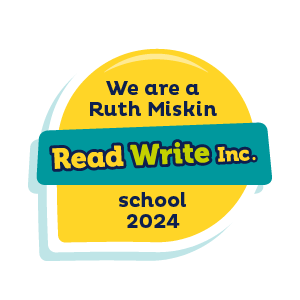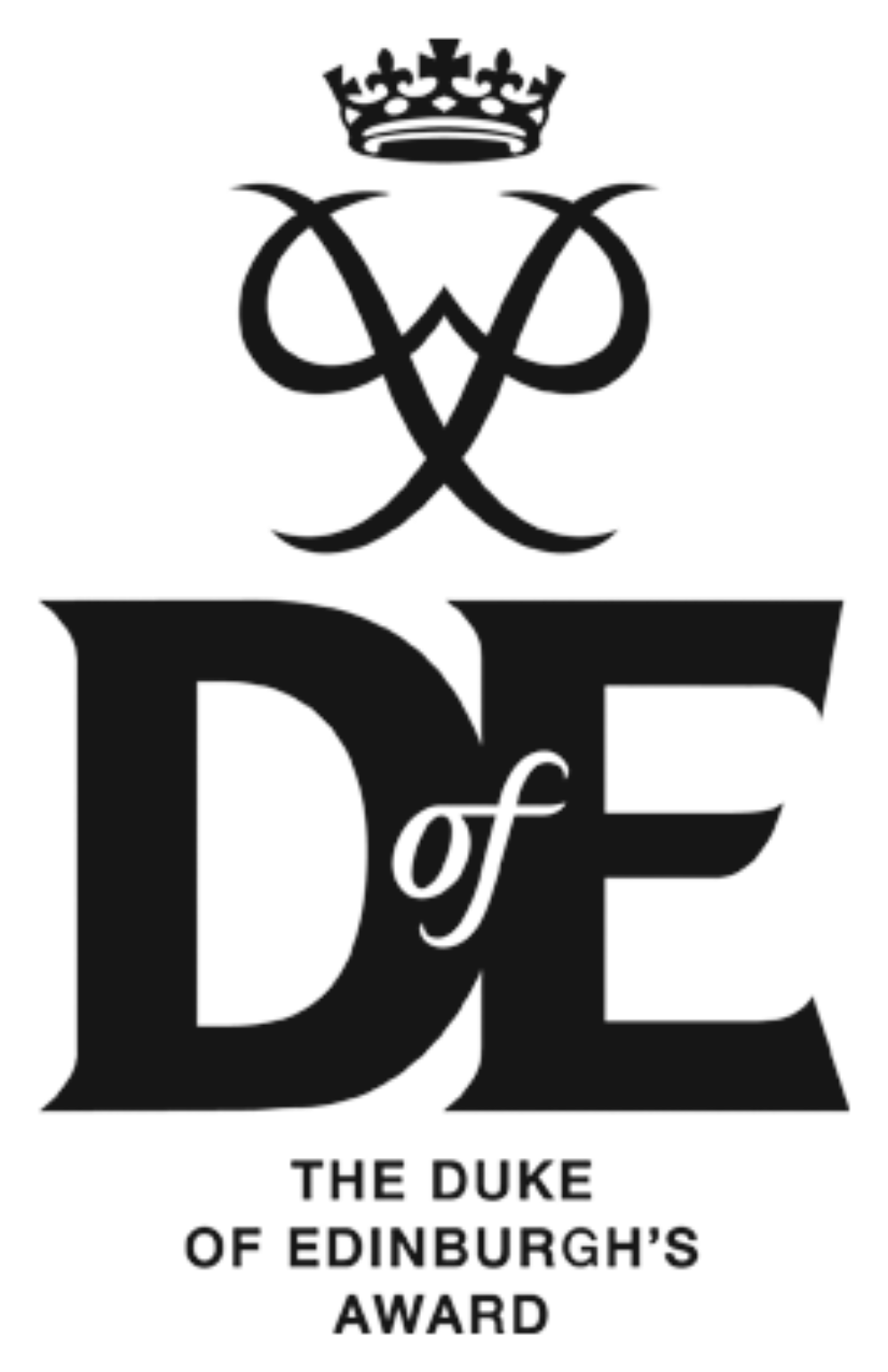Year 1
Mrs Jenkins is our Year 1 Class teacher
We currently run Year 1 as an extension of Reception and use a Continuous Provision format. This refers to the resources and areas being laid out in our classroom to provoke learning through play and exploration. The resources are freely accessible to the children in the classroom during any designated ‘free play’ time and generally stay the same throughout the school year, with some new bits being introduced as and when we discover them.
About the KS1 (Key Stage 1)Curriculum
KS1 marks a shift from EYFS to more subject-specific learning. KS1 covers all compulsory national curriculum subjects. These are English, Mathematics, Science, History, Geography, Computing, Languages, PE, Art and Design, Music and Design and Technology. Whilst the curriculum changes slightly, the structure of the day is still based on the independent learning model that was developed in Reception. The children are still able to learn in a variety of ways and will be encouraged to explore, experience and investigate through a range of activities based on their needs and next steps.
Long term plans and areas of learning
KS1 English Curriculum
The national curriculum establishes English and literacy as a core KS1 subject. An understanding of the English language is central to developing an understanding in all national curriculum subjects. Here, reading, writing and spoken language are divided into different areas of study, these are:
- Writing composition
- Spelling
- Vocabulary, grammar, punctuation
- Reading
- Phonics
- Story resources
- Spoken language and listening
KS1 Mathematics Curriculum
At KS1, the national curriculum states children should begin to understand mathematical language, understand the fundamentals and begin to solve problems by applying this knowledge. The focus at KS1 is for children to be able to recognise, describe, draw, compare and sort numbers. The areas of mathematics studied at KS1 are:
- Number and place value
- Addition and subtraction
- Multiplication and division
- Fractions
- Measurement
- Properties of shapes
KS1 Science Curriculum
The focus of science in the KS1 national framework is to allow children to observe scientific phenomena. Engaging their curiosity and encouraging them to ask more questions about the world around them. At KS1 children are expected to develop a basic understanding of working scientifically, meaning they will begin to use scientific methods and skills. The areas of science covered in KS1 are:
- Seasonal changes
- Animals including humans
- Everyday materials
- Living things and their habitats
- Plants
These areas of scientific study should form a solid basis of scientific understanding to be developed throughout a child’s primary and secondary education. Observation is central to science at KS1, children should be able to perform simple tests and communicate their observations to their teacher and peers.
KS1 History Curriculum
At KS1, children should begin to develop an awareness of the past, becoming aware of different time periods. The national curriculum states children at KS1 should begin to identify similarities and differences between time periods and within a chronological framework. There is freedom within the national curriculum to teach local history and different topics as long as they support the teaching of changes in living memory, significant national events and the lives of significant individuals. Some historical topics taught at KS1 are:
KS1 Geography Curriculum
KS1 geography focuses on developing a child’s understanding of the world, the United Kingdom and their locality. The national curriculum states that at KS1, children should begin to understanding subject-specific vocabulary and begin to use geographical skills. Geography topics taught at KS1 are:
Locational knowledge covers towns and cities, place knowledge covers different ecosystems around the world and human and physical geography covers climate, transport, the water cycle, rocks, rivers, weather and seasons and volcanoes and mountains.
Online resources
- www.phonicsplay.co.uk/
- www.bbc.co.uk/cbeebies/shows/numberblocks
- www.bbc.co.uk/cbeebies/shows/alphablocks
- www.learnenglishkids.britishcouncil.org/?utm_source=lekids&utm_medium=header-tab&utm_campaign=learnenglish-kids
- www.home.oxfordowl.co.uk/reading/reading-schemes-oxford-levels/read-write-inc-phonics-guide/
- www.home.oxfordowl.co.uk/at-school/year-1-at-primary-school/what-to-expect-in-year-1-age-5-6/
Essential books to read for your year group
www.schoolreadinglist.co.uk/suggested-reading-list-year-1-pupils-ks1-age-5-6



